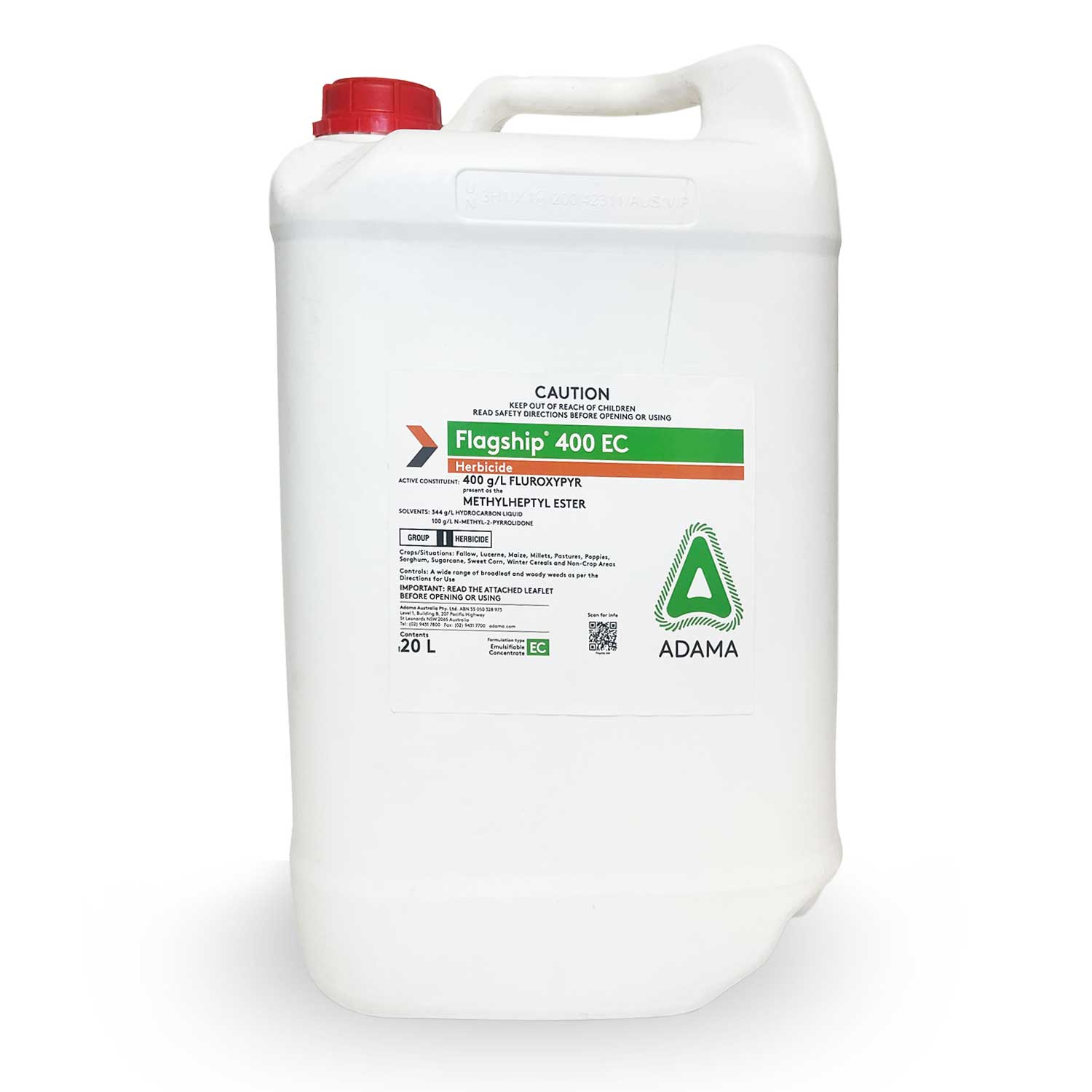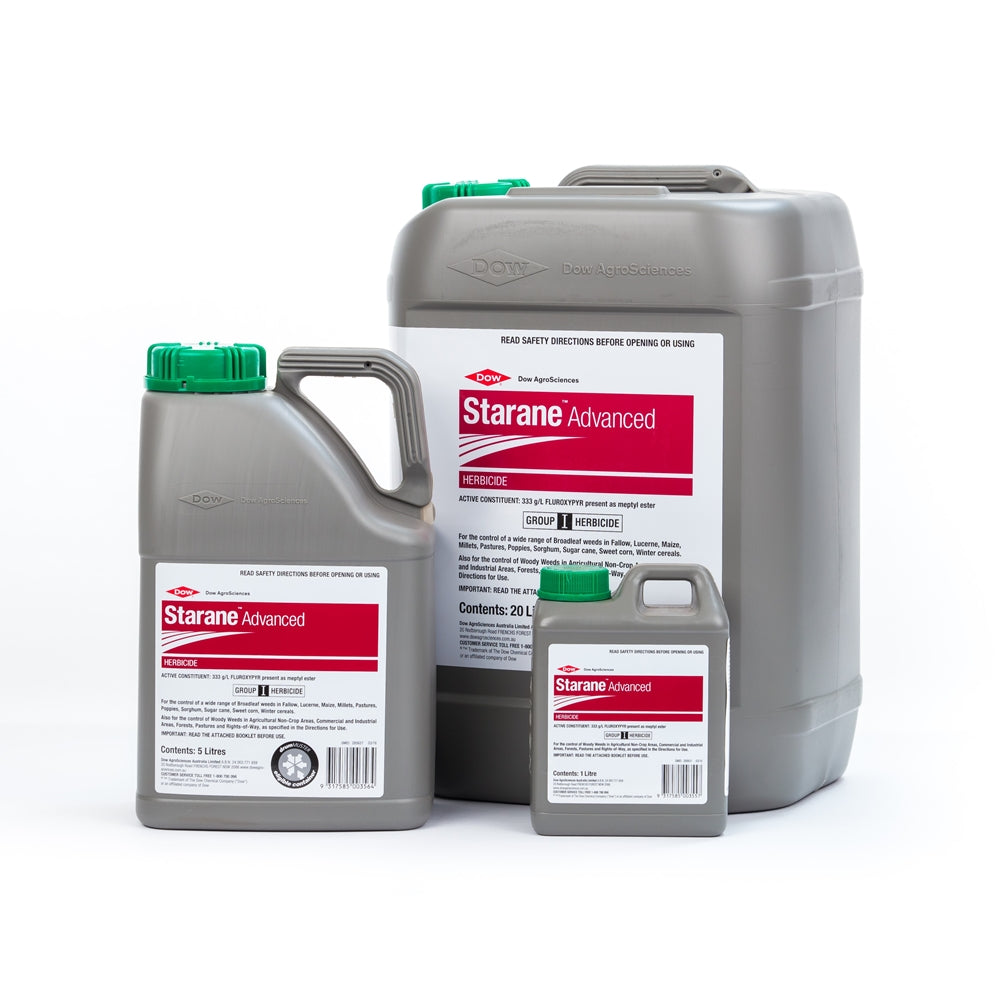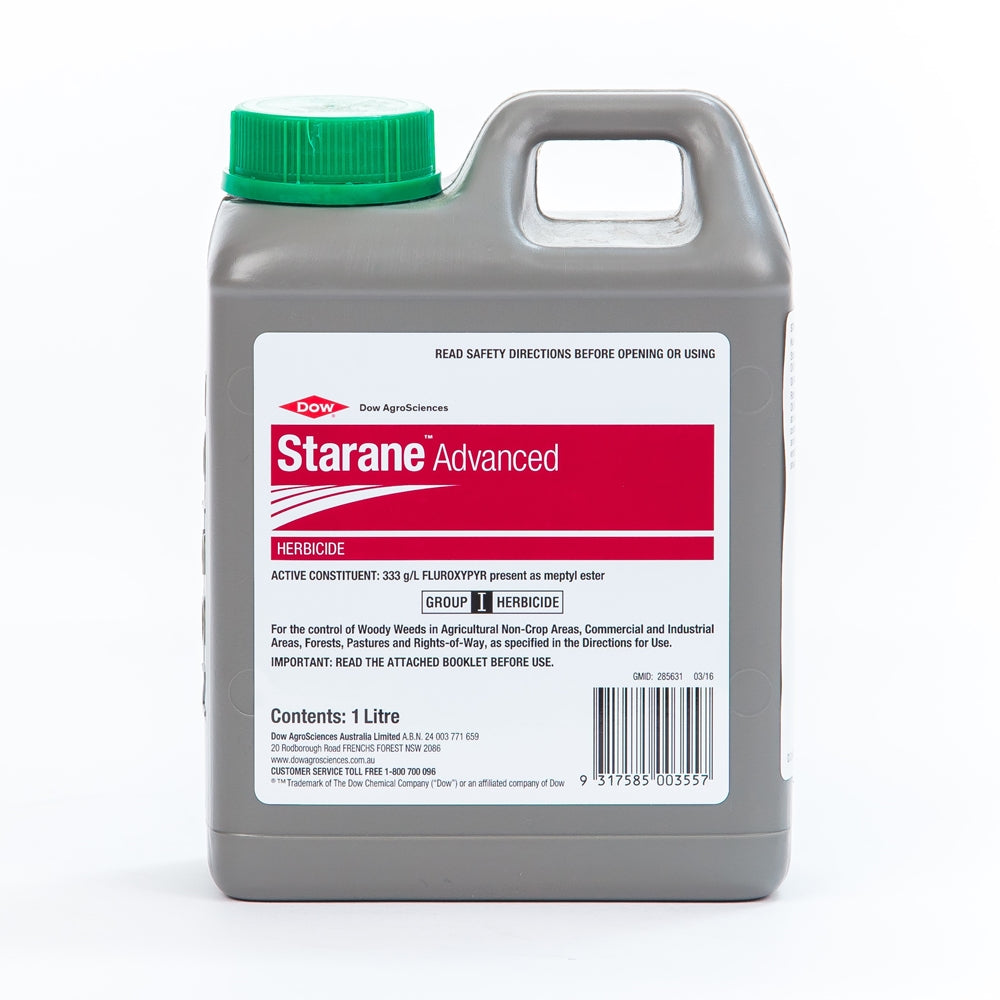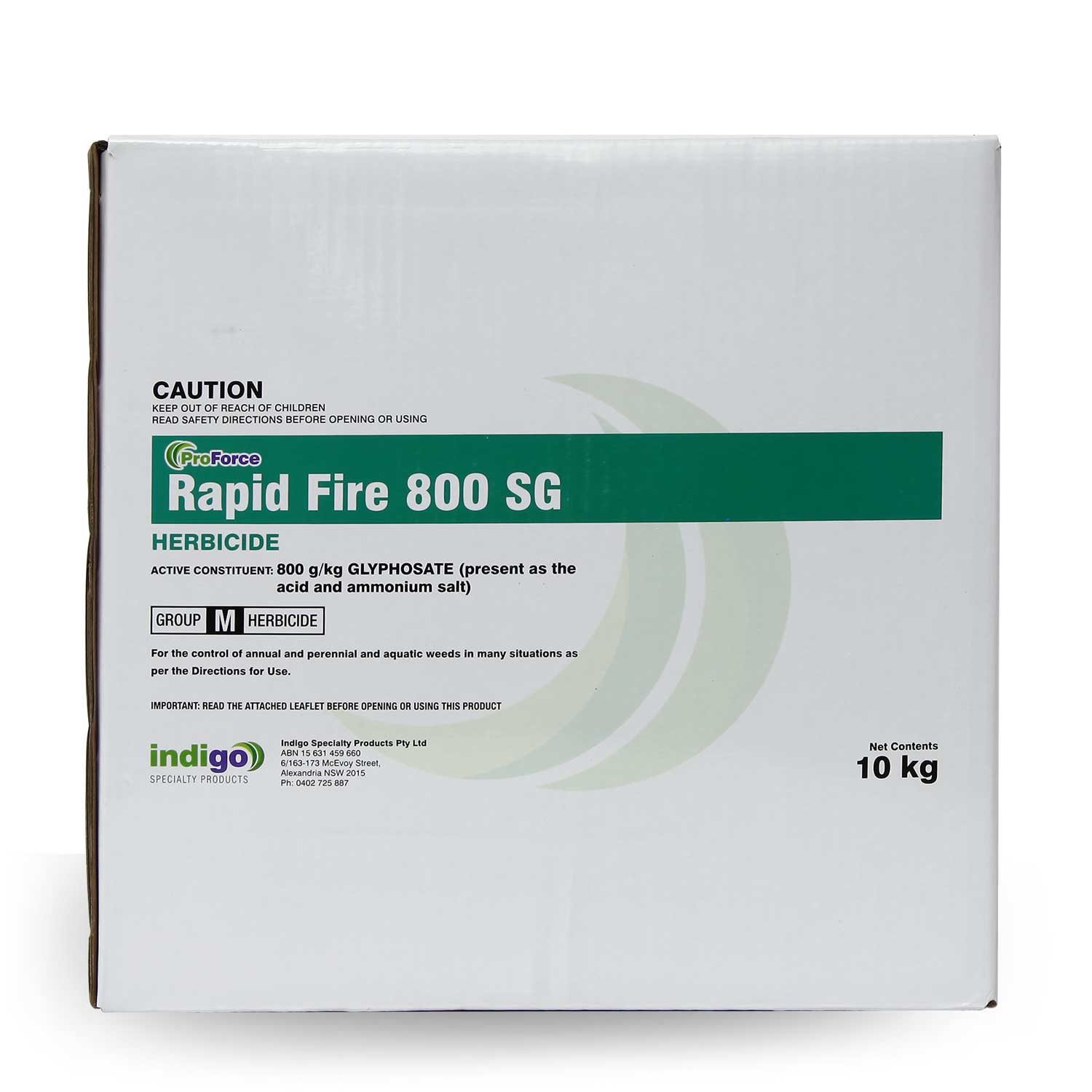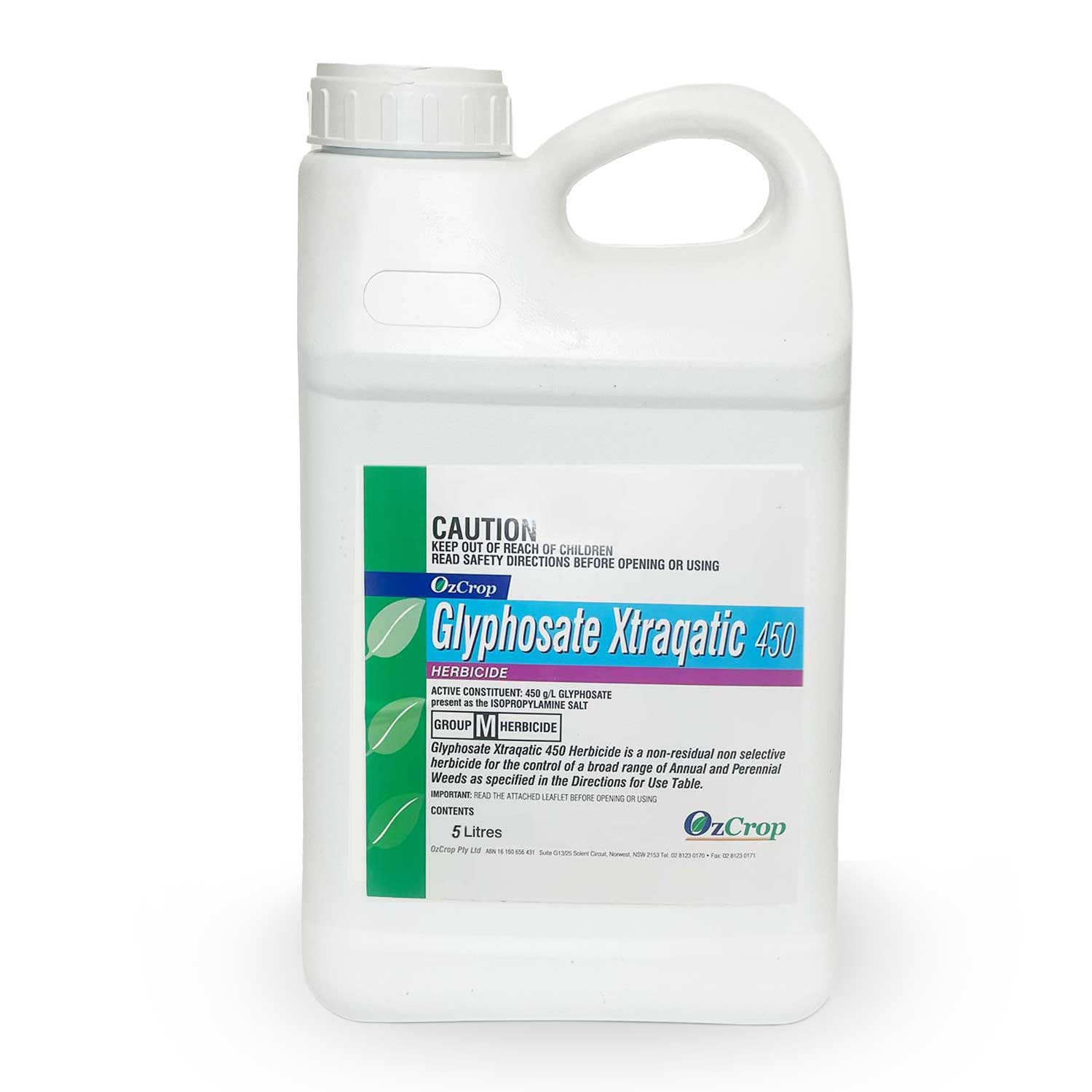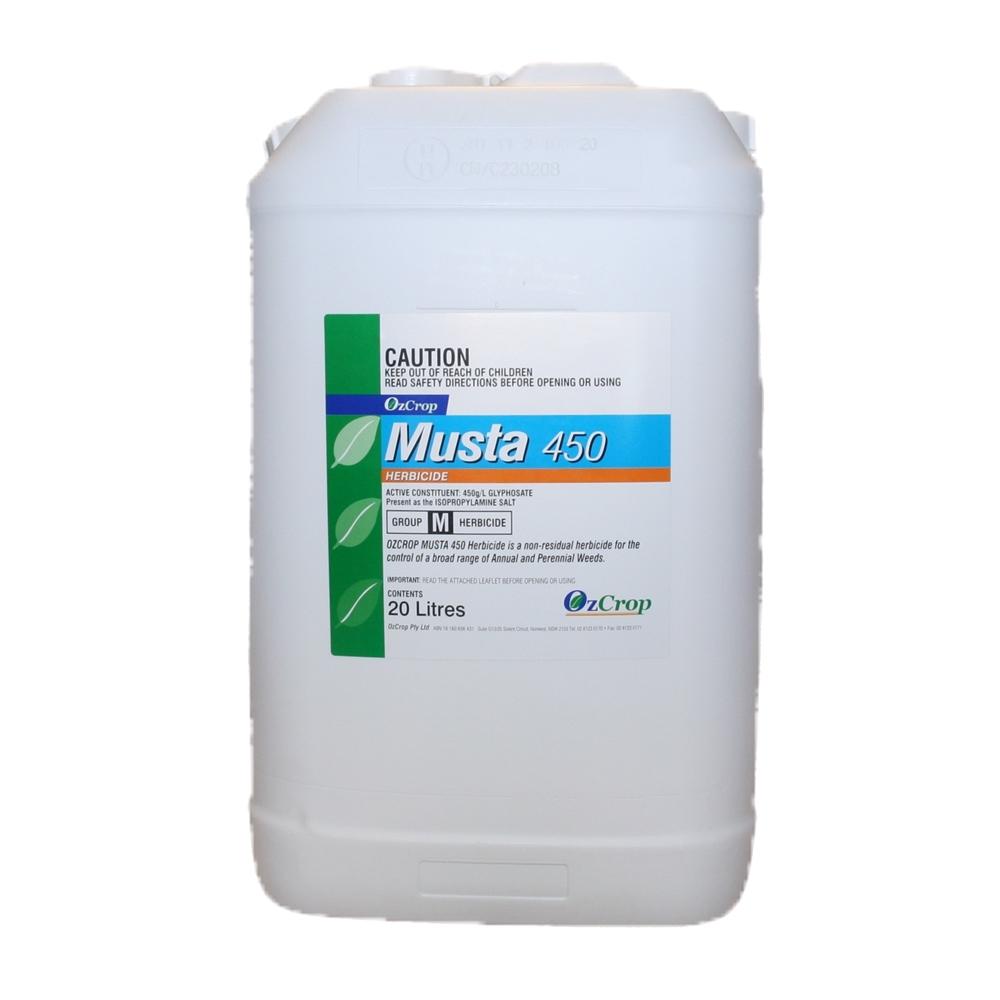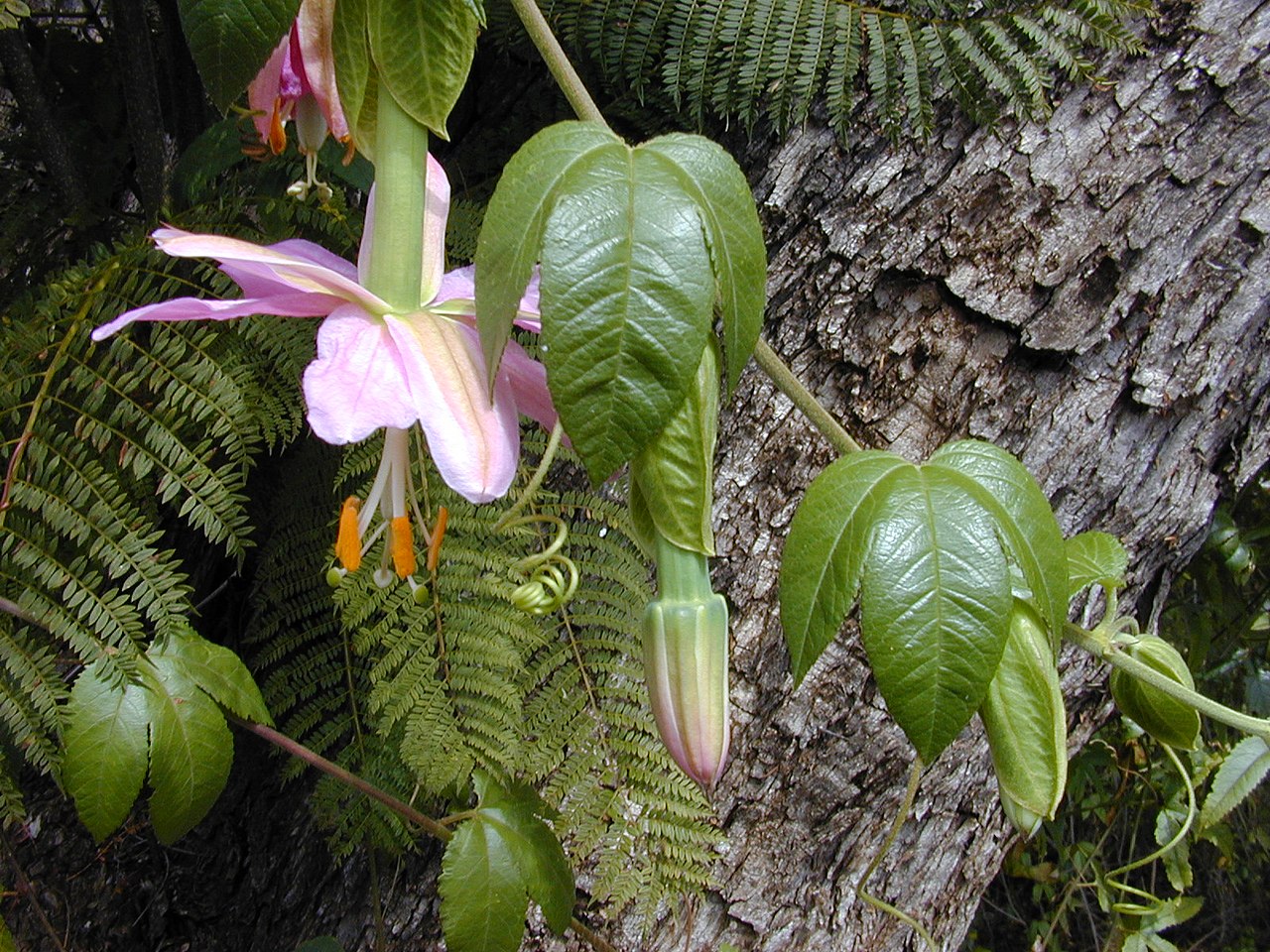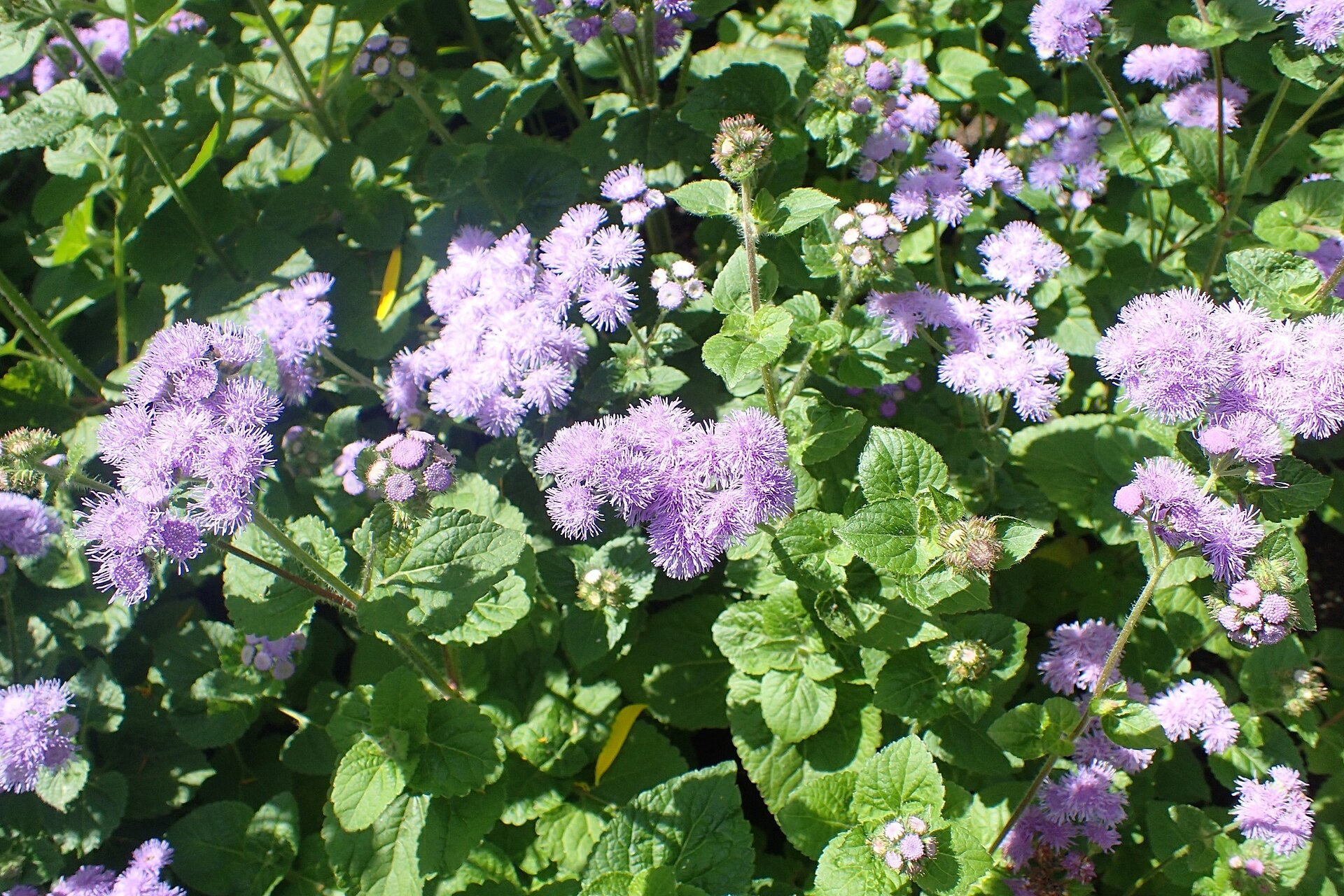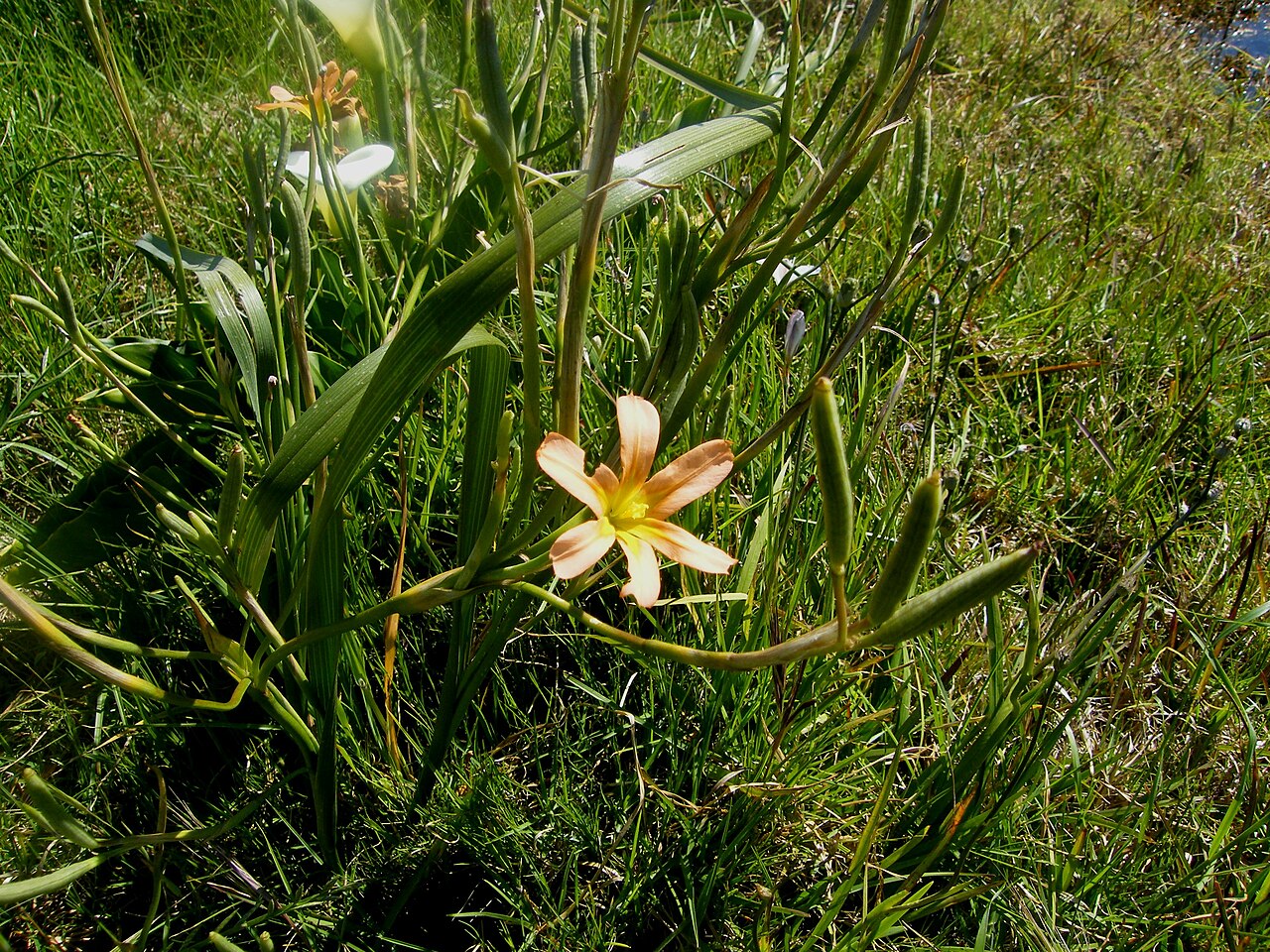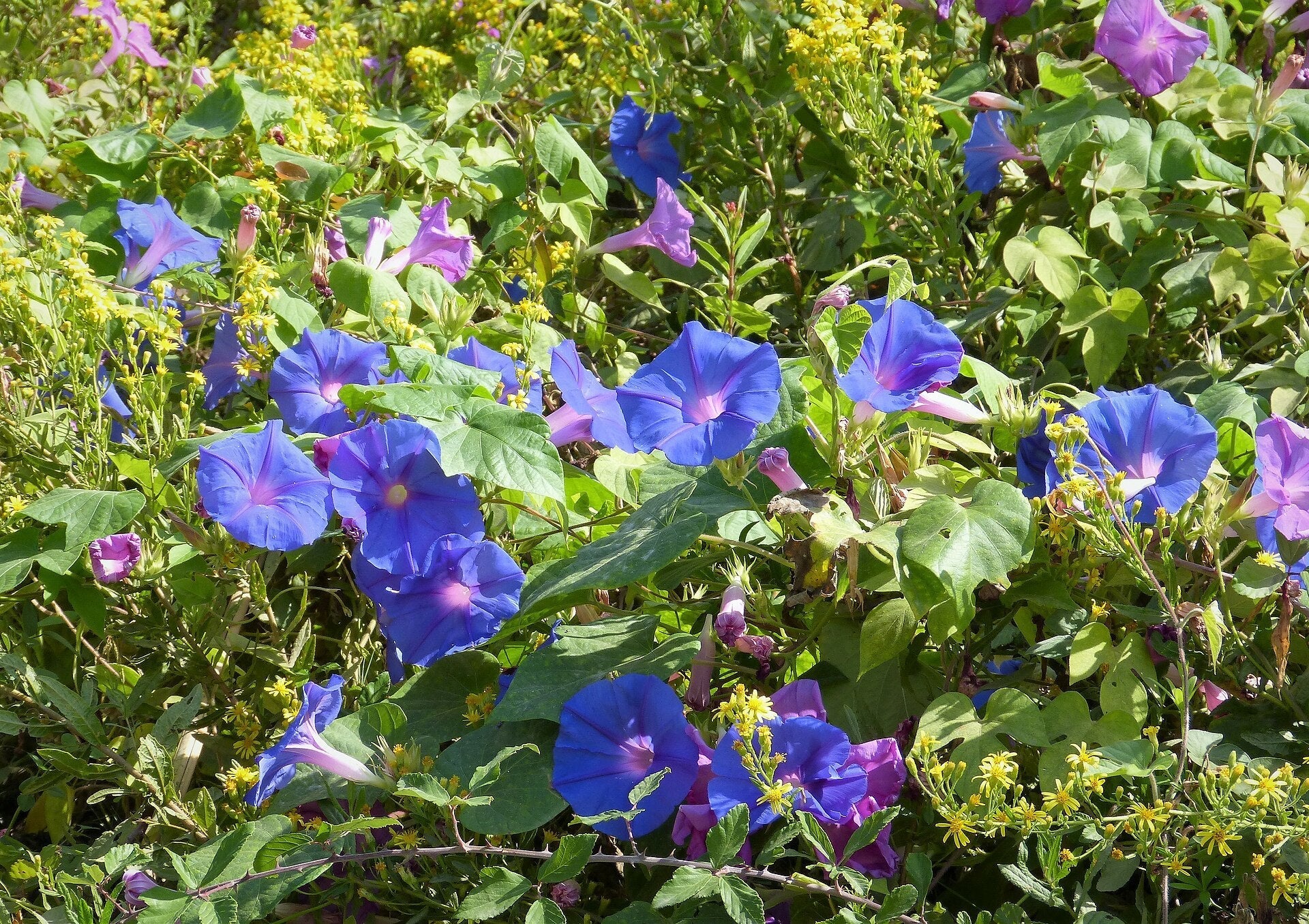
Common Name
Blue morning glory, Blue dawn flower, Common morning glory, Convolvulus, Lear's morning glory
Scientific Name
Ipomoea indica
Family
Convolvulaceae
Lifecycle
Perennial
Seasons of Growth
Morning Glory is capable of flowering throughout the year, particularly thriving in tropical and subtropical environments. It is also adapted to grow in cooler areas with seasonal fluctuations. The plant has tuberous roots that allow it to survive adverse conditions, with the top part of the plant potentially dying back and resprouting when conditions improve.
Key Distinguishing Feature
Leaves: Large, heart-shaped or three-lobed, alternately arranged, and 5-18 cm long. Flowers: Large, funnel-shaped, blue or bluish-purple with pale pinkish centers. Stems: Hairy and twining.
Morning Glory is a robust, twining, perennial climber known for its rapid growth and ability to form dense ground and canopy covers. The plant can grow up to 10 meters in length, smothering other vegetation. It has hairy stems and large, heart-shaped or three-lobed leaves. The flowers are large, funnel-shaped, and typically blue or bluish-purple with pale pinkish centers, measuring 5-10 cm in diameter. Morning Glory does not produce viable seeds in Australia, making its primary means of spread through vegetative fragments.
Methods of Control:
Physical Removal:
- Hand Pulling: Suitable for small plants and seedlings. Ensure complete removal of the stem, crown, and roots to prevent regrowth.
- Cutting and Digging: Cut climbing stems and dig out the crown and roots. Ensure no cut stems are in contact with the soil to prevent regrowth.
Chemical Control:
- Foliar Spraying: Apply herbicides to actively growing plants, ensuring thorough coverage.
- Cut Stem Method: Cut stems close to the ground and apply herbicide gel to the cut surface.
- Stem Scraping: Scrape a thin layer of bark and apply herbicide to the exposed green tissue.
- Glyphosate: Various products for spot spraying and stem scraping.
- Fluroxypyr: foliar spray and basal bark applications.
Disposal:
- Contact local councils for advice on disposal to prevent further spread.
Additional Images:






Related products


